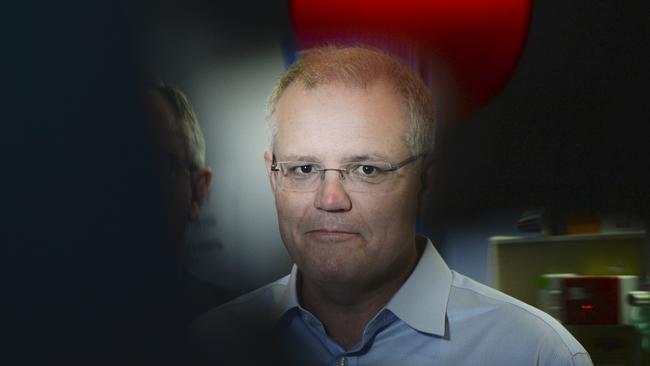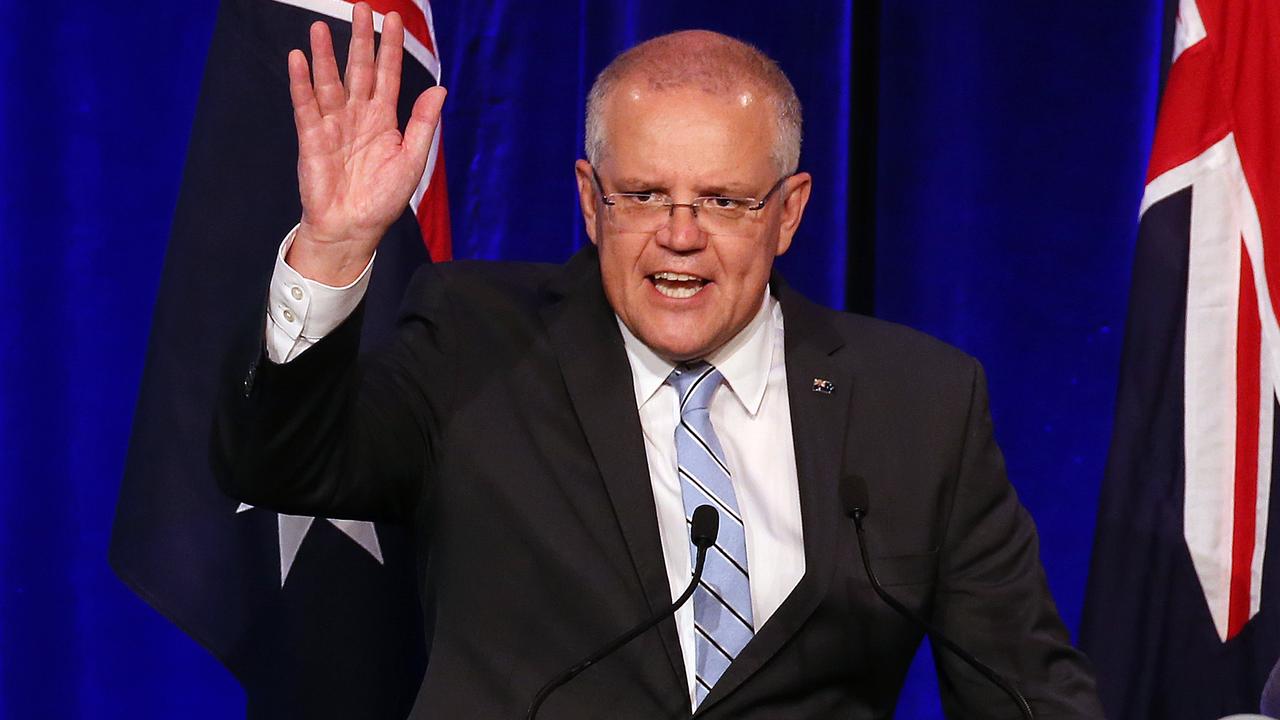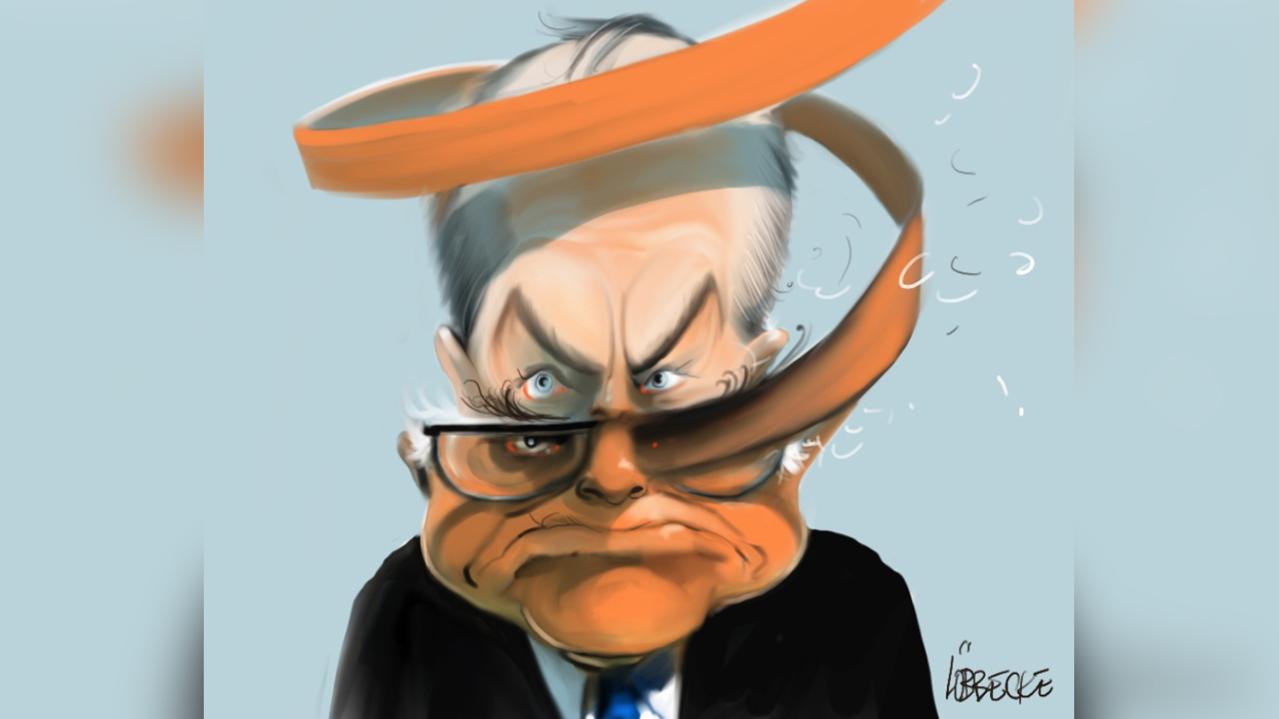ScoMomentum in the Newspoll? Don’t be deluded

COMMENT
In the short time since Newspoll was released late on Sunday evening we’ve already seen crowing from some reactionaries about the government’s “surge” in the polls now that Scott Morrison is running the show.
Apart from needing to remind those same observers that Peter Dutton was their chosen successor to Malcolm Turnbull, not Morrison who won on the back of support from one time Turnbull backers, the question has to be asked: does Newspoll really show a surge in support?
Hardly.
The Coalition’s primary vote is up two points from 34 to 36 per cent. Still short of where it was when Turnbull was still PM, and more than six points short of where it was at the 2016 election.
The two party vote for the government is at 46 per cent (up from 44 per cent a fortnight ago) — but still only roughly where it was for Paul Keating’s government in 1996 when it suffered the second largest defeat in Australian political history.
Oh, and let’s not forget Turnbull’s last four (yes four) Newspolls had the TPP vote for his government at 49 per cent.
While some reactionaries might be deluded enough to claim that had Dutton won the leadership things might be better, that is patently untrue given the last Newspoll to ask the public who was their preferred Liberal leader had Dutton on six per cent (dropping to five per cent when Liberal voters were asked).
The latest Newspoll asked voters if they would be more or less likely to vote for the Coalition with Morrison in charge. 24 per cent said more likely, 31 per cent said less likely — another downside to the madness of a month ago.
There are some positive signs for Morrison in his personal numbers, but again compared to where Turnbull was at there hasn’t been an improvement. Morrison leads Bill Shorten as the better PM by a similar margin Turnbull did, and those satisfied with Morrison’s performance are similar in number to the percentage of voters who were satisfied with Turnbull’s performance as PM.
All within the margin of error to be sure.
Where Morrison has done well is converting uncommitted voters from a fortnight ago to voters satisfied with his performance. There were 20 per cent of voters who were uncommitted a fortnight ago, now there are 17 per cent, and the three per cent who have made their minds up on Morrison have lifted his satisfaction numbers from 41 to 44 per cent.
In other words, if the public warms to Morrison there is a chance he might be able to lift the two party vote from its current electoral catastrophe numbers to a similar set of results to the final four Newspolls Turnbull clocked up. Morrison needs the remaining 17 per cent of uncommitted voters to significantly break his way in the coming weeks and months.
However marginal seat MPs are now lining up to quit politics for the government, which they weren’t doing before the events of a month ago, making retaining the wafer thin majority very hard. That’s one of the many transaction costs of taking down a PM which will be felt come the next election.
Where Morrison did especially well in the latest Newspoll is on the question of authenticity. It was comparatively worded, between him and Shorten, which perhaps explains why Morrison did OK. Because let’s face it, what is authentic about living most of your life in the eastern suburbs of Sydney before moving to the shire and becoming a fanatical Sharks fan? Especially when Morrison had previously identified rugby union as his game of choice. Or religiously watching the violent and highly sexualised Game of Thrones before declaring yourself religiously conservative? Or better still attending the factional dinners of the left and the right, leaving even political insiders wondering what you stand for?
All of that said, Kevin Rudd used to be seen as an authentic politician too, so enough said. The voters usually work things out for themselves eventually.
Peter van Onselen is a professor at The University of Western Australia and Griffith University.




To join the conversation, please log in. Don't have an account? Register
Join the conversation, you are commenting as Logout